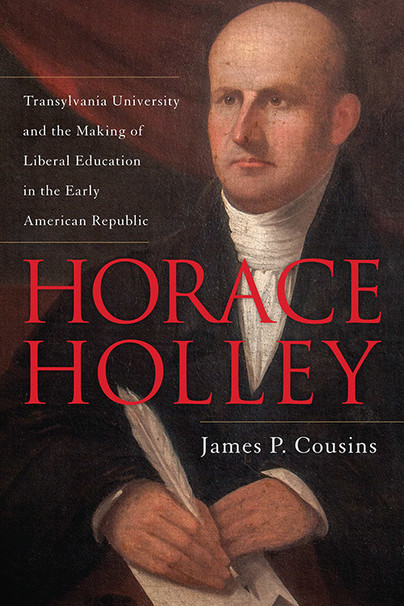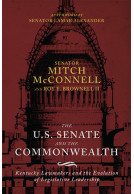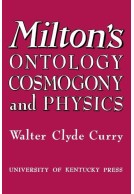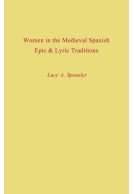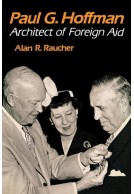Horace Holley (Hardback)
Transylvania University and the Making of Liberal Education in the Early American Republic
Imprint: University Press of Kentucky
Pages: 322
Illustrations: 19 b&w photos
ISBN: 9780813168579
Published: 9th December 2016
Script Academic & Professional
Pages: 322
Illustrations: 19 b&w photos
ISBN: 9780813168579
Published: 9th December 2016
Script Academic & Professional
This book will be reprinted and your order will be released in due course.
You'll be £32.00 closer to your next £10.00 credit when you purchase Horace Holley. What's this?
+£4.99 UK Delivery or free UK delivery if order is over £40
(click here for international delivery rates)
Order within the next 3 hours to get your order processed the next working day!
Need a currency converter? Check XE.com for live rates
(click here for international delivery rates)
Order within the next 3 hours to get your order processed the next working day!
Need a currency converter? Check XE.com for live rates
Outspoken New England urbanite Horace Holley (1781--1827) was an unlikely choice to become the president of Transylvania University -- the first college established west of the Allegheny Mountains. Many Kentuckians doubted his leadership abilities, some questioned his Unitarian beliefs, and others simply found him arrogant and elitist. Nevertheless, Holley ushered in a period of sustained educational and cultural growth at Transylvania, and the university received national attention for its scientifically progressive and liberal curriculum. The resulting influx of wealthy students and celebrated faculty -- including Constantine Samuel Rafinesque -- lent Lexington, Kentucky, a distinguished atmosphere and gave rise to the city's image as the "Athens of the West."
In this definitive biography, James P. Cousins offers fresh perspectives on a seminal yet controversial figure in American religious history and educational life. The son of a prosperous New England merchant family, Holley studied at Yale University before serving as a minister. He achieved national acclaim as an intellectual and self-appointed critic of higher education before accepting the position at Transylvania. His clashes with political and community leaders, however, ultimately led him to resign in 1827, and his untimely death later that year cut short a promising career.
Drawing upon a wealth of previously used and newly uncovered primary sources, Cousins analyzes the profound influence of westward expansion on social progress and education that transpired during Holley's tenure. This engaging book not only illuminates the life and work of an important yet overlooked figure, but makes a valuable contribution to the history of education in the early American Republic.
Other titles in University Press of Kentucky...







